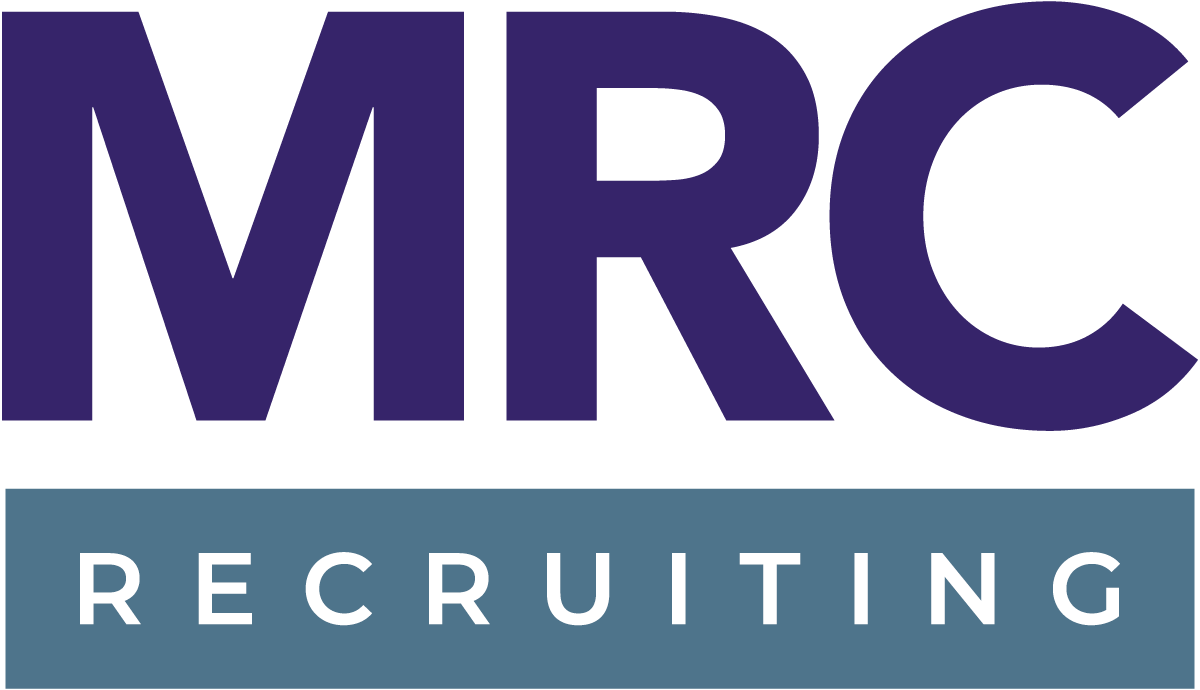When pitching a job opportunity to a potential candidate, I can’t count the number of times I’ve heard, “Oh, I’m not qualified for that,” “I don’t have all the skills they’re looking for,” or “That job is a stretch.”
At MRC, our goal is to connect each candidate with the job opportunity that presents the best fit, and we don’t allow imposter syndrome to keep people from reaching their fullest potential.
Imposter syndrome is a frame of mind that:
-
-
doesn’t allow candidates to believe they’re qualified for a job, or
-
makes people think while they are doing a job, that they’re really treading water, not really excelling, e.g., faking it.
-
Imposter syndrome makes candidates doubt their skills, and it stifles ambition.
It doesn’t matter if annual evaluations repeatedly extol an employee’s virtues or note that they’re ready for increased responsibility. Imposter syndrome doesn’t care and remains the niggling voice in the back of one’s head that doesn’t allow employees to realize how well they handle the current job and/or doesn’t allow them to believe they’re capable of more.
Maureen Zappala is a former NASA facility manager at a propulsion systems laboratory and a licensed associate, presenter and coach with the Impostor Syndrome Institute. In a 2020 BBC interview, Zappala said that she continued to second-guess herself even after a long career.
“Even though people raved about my people skills and how I was really good at project management, I refused to objectively look at that data that said I was qualified,” Zappala said.
If it can happen to a true rocket scientist, it can happen to anyone. There are two tools everyone can probably brush up on, though, when preparing for their future — confidence and recognition.
Confidence
Our team at MRC builds long-term relationships with candidates and resource companies, so we’re the experts at knowing where your skills would be a valuable fit.
We look at your credentials, yes, but we also get to know you and understand your strengths. We don’t recommend candidates apply for positions unless we believe they bring value to the organization.
Conversely, we don’t recommend you to a company unless we understand whether your value sets align and the firm meets your long-term goals. When we’re confident, you can be, too.
Recognition
As outsiders (who are really insiders), we want candidates to recognize the tools and skills they bring to the table.
We realize your resume may be light in staff management, but that you carry a big stick in financial administration.
Our long-term relationships with mining companies mean we understand their culture and where a candidate may be a good fit.
Just because your brain may say that you aren’t well-versed in, say, renewable energy policy doesn’t mean that an energy company can’t engage the strong project management portion of your work portfolio.
Beefing up your own confidence and recognizing the skills you bring to the table are both paramount to realizing your full potential. Stop downplaying your accomplishments and realize that you’re capable of more than you might think.
If you’re looking to make a career change, MRC can help connect with us or submit your resume.

